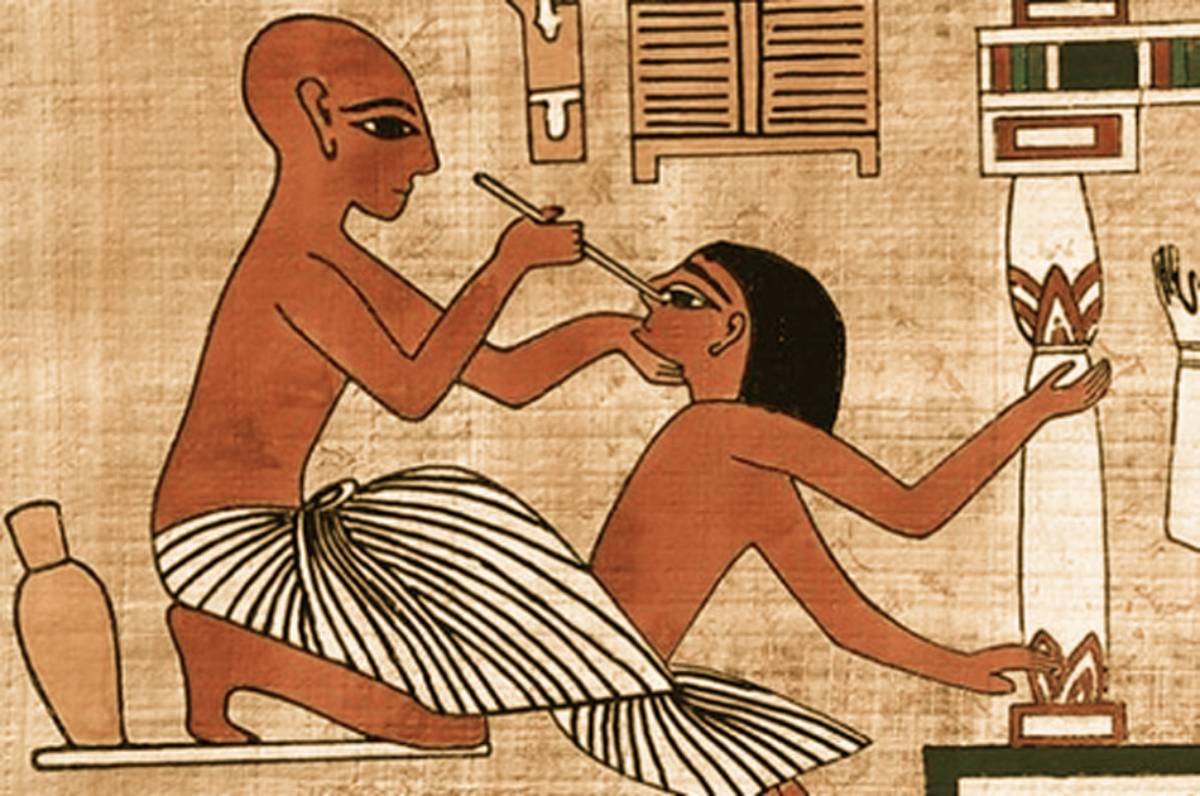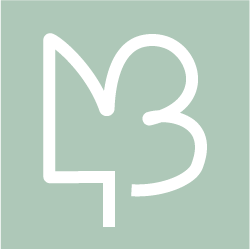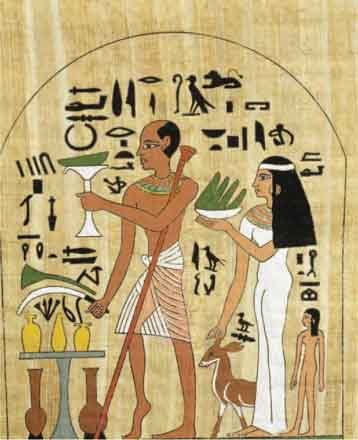
Introduction
Ancient Egyptian medicine is among the earliest documented medical systems in the world. From setting bones to complex surgery and creating extensive pharmacopeia, the Egyptians were true pioneers in healthcare. This blog post explores their sophisticated medical practices that not only influenced later civilizations like the Greeks but also laid foundational stones for modern medical science.
Advanced Medical Practices in Ancient Egypt
Comprehensive Healthcare Approaches
Egyptians were adept at blending practical medical knowledge with a rich tradition of herbal remedies. They recognized the potential of massage and aromatic therapies and were pioneers in non-invasive surgery and dental care. Notably, their understanding of cleanliness and its importance in medical treatment was remarkably progressive for their time.
Specialization in Medicine
Reflecting a level of sophistication rare for the period, Egyptian physicians specialized in specific branches of medicine, a practice noted by the Greek historian Herodotus during his visit around 440 BC. This specialization allowed for a more detailed understanding and treatment of various ailments.
The Role of Herbs in Egyptian Medicine
Herbs were a cornerstone of Egyptian medical practice, with the Ebers Papyrus listing such substances as opium, cannabis, myrrh, and frankincense among its remedies. These herbs were used not only for their physical therapeutic properties but also for their roles in rituals and spiritual healing.
Herbal Preparations and Uses
- Garlic and Onions: Known for boosting endurance, these were staples in the Egyptian diet, used to treat asthma and various pulmonary complaints.
- Coriander and Cumin: Used for their digestive properties, these spices were commonly added to food to aid digestion and alleviate flatulence.
- Medicinal Wines: Many herbs were steeped in wine, which was then consumed as medicine, reflecting an intricate understanding of solvent properties in extracting medicinal compounds from plants.
Surgical Innovations and Techniques
Ancient Egyptian physicians were not just healers but skilled surgeons capable of treating physical injuries through various interventions. They categorized ailments into treatable, contestable, and untreatable, focusing their efforts accordingly.
Surgical Instruments and Anesthesia
Illustrated vividly in the Ptolemaic period inscriptions at the Temple of Kom Ombo, the range of surgical tools included knives, hooks, drills, and forceps. They even practiced topical anesthesia, using natural reactions between acetic acid and marble to create numbing effects for minor operations.
Key Medical Texts and Their Discoveries
The Wealth of Medical Papyri
The translation of the Rosetta Stone in 1822 propelled the field of Egyptology and led to the discovery of several important medical papyri, such as:
- The Ebers Papyrus: Perhaps the most famous, containing around 700 magical formulas and remedies for everything from contraception to dentistry.
- The Edwin Smith Papyrus: Focused largely on trauma and surgery, it represents some of the most sophisticated medical texts of ancient times.
- Other Papyri: Including The Hearst Papyrus and The London Medical Papyrus, which detail treatments for a variety of conditions including skin and eye problems.
These documents provide a window into the advanced medical knowledge and practices of ancient Egypt, highlighting their systematic approach to healthcare.
Egyptian Influence on Global Medical Practices
Egyptian medical knowledge was highly regarded across ancient civilizations. Rulers from other empires would request Egyptian pharaohs to send their best physicians to treat their ill, underscoring the reputation and expertise of Egyptian doctors.
Diet and Hygiene
Egyptian physicians also understood the importance of diet and hygiene in maintaining health. They advised washing regularly and avoiding certain foods to prevent disease, showcasing an early understanding of preventive medicine.
Conclusion: The Legacy of Egyptian Medicine
The medical practices of Ancient Egypt are a testament to their innovative approach to health and wellness. Their contributions to medical science, from surgical tools to an understanding of the human body’s systems, laid the groundwork for future advancements and continue to inspire awe and respect.
Ancient Egyptian medicine was not only about healing the body but also about understanding the complexities of human health, integrating both medical and spiritual healing practices. As we delve into the rich medical history of Ancient Egypt, we gain not only knowledge about their advanced techniques but also a profound respect for their holistic approach to medicine.
What elements of Ancient Egyptian medical practices do you find most fascinating? Share your thoughts in the comments below, and let’s keep the conversation going!

